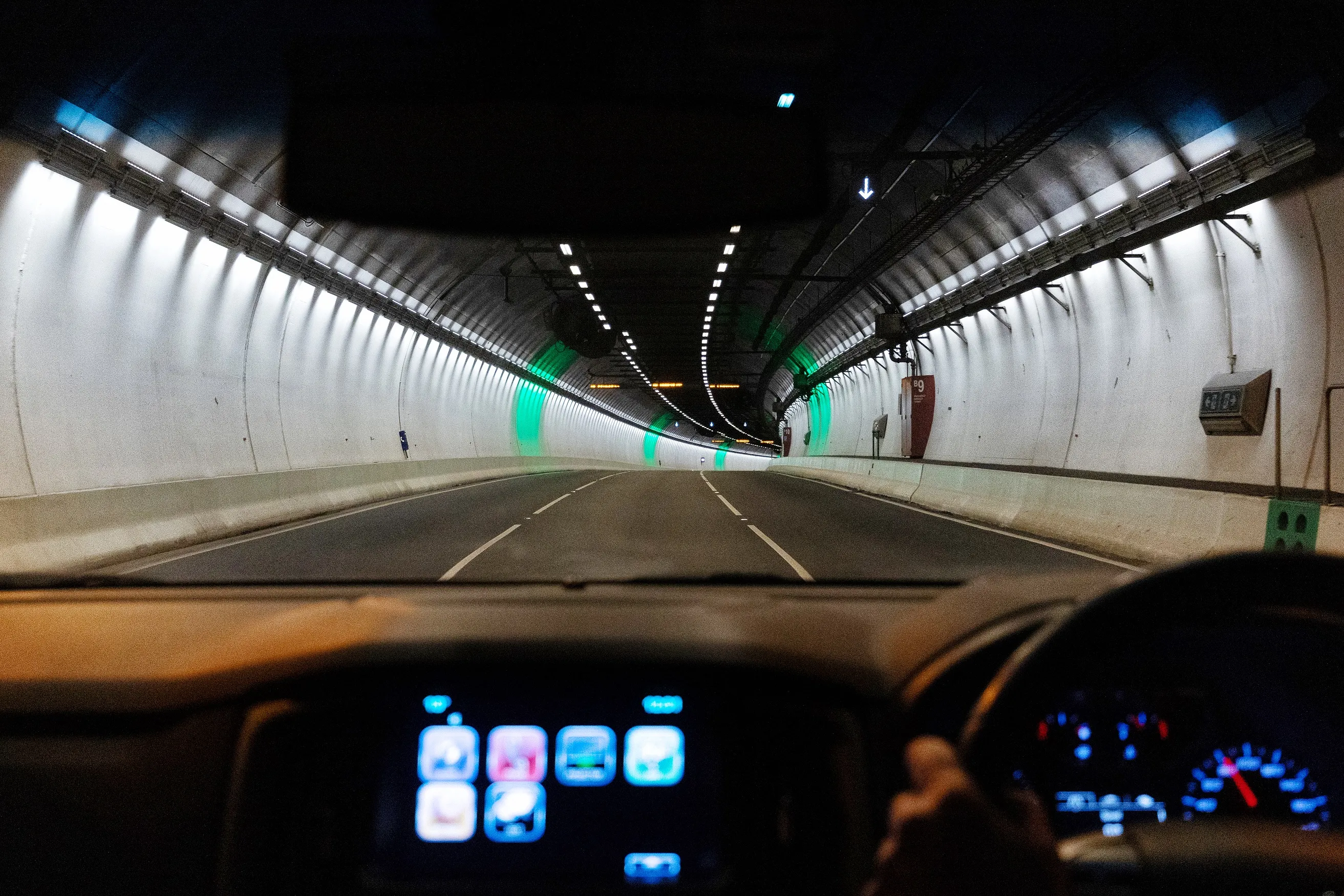In a bid to improve Sydney's roads and congestion, Australia's Federal and New South Wales governments are to jointly fund a project to equip the full length of the state's M4 motorway with technology which will improve traffic flows and ease congestion along this vital part of Sydney's road network. The US$17 million project will provide the M4 with an electronic freeway management system consisting of variable speed limit sign, entry ramp signalling, CCTV, digital traveller information signs, and signs ad
August 28, 2012
Read time: 1 min
In a bid to improve Sydney's roads and congestion, Australia's Federal and New South Wales governments are to jointly fund a project to equip the full length of the state's M4 motorway with technology which will improve traffic flows and ease congestion along this vital part of Sydney's road network. The US$17 million project will provide the M4 with an electronic freeway management system consisting of variable speed limit sign, entry ramp signalling, CCTV, digital traveller information signs, and signs advising drivers of lane and speed restrictions.
Transport minister Anthony Albanese says, "Retrofitting the motorway with this cutting-edge technology would give authorities the tools to better manage traffic flows, respond quickly to accidents, and deliver real time information to motorists so they can plan their journeys and avoid frustrating delays.”
Transport minister Anthony Albanese says, "Retrofitting the motorway with this cutting-edge technology would give authorities the tools to better manage traffic flows, respond quickly to accidents, and deliver real time information to motorists so they can plan their journeys and avoid frustrating delays.”








